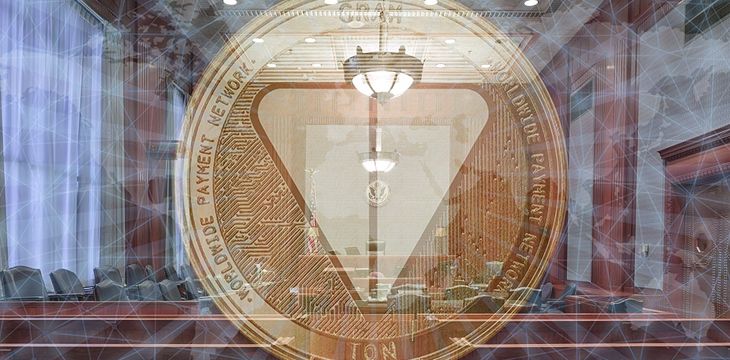|
Getting your Trinity Audio player ready...
|
Telegram has finally given up on its court battle against the U.S. Securities and Exchange Commission (SEC). The instant messaging company has withdrawn its appeal against a ban imposed by the regulator on its TON blockchain project’s tokens.
Telegram withdrew the appeal in a court filing with the U.S. Court of Appeals for the Second Circuit on May 22. The filing states, “The parties in the above-referenced case have filed a stipulation withdrawing this appeal pursuant to Local Rule 42.1.”
Telegram had lodged the appeal in March after Judge Kevin Castel of the Southern District of New York ordered the company to halt its plans of issuing the Gram token. Judge Castel ruled in favor of the SEC which had argued that the Gram tokens were unregistered securities.
This appeal has now come to an end, with the withdrawal warranting a dismissal of the case without prejudice. Telegram is at liberty to restart the appeal at a later date, should the company choose to.
The withdrawal signals a possible end to a battle that has seen the SEC and Telegram engage in one court battle after another over its issuance of Gram tokens. These were to be the native tokens for Telegram’s TON blockchain, a project that the company decided to put an end to a month ago.
Telegram’s co-founder Pavel Durov revealed in a blog post that Telegram would no longer be working on building the TON blockchain. Durov blamed the U.S. for derailing, and consequently stopping the project which he claimed “had the potential to revolutionize how people store and transfer funds and information.” And while he described the motive behind TON as ultimate decentralization, its development was rather secretive, with this being the first time Durov had spoken about it publicly.
The end seems close for TON, a project that managed to raise $1.7 billion in two private sales two years ago. The massive amount of funds were to be directed towards building the Telegram Open Network (TON), a protocol that promised to revolutionize file sharing, digital payments, Internet browsing and just about everything else.

 03-01-2026
03-01-2026 




